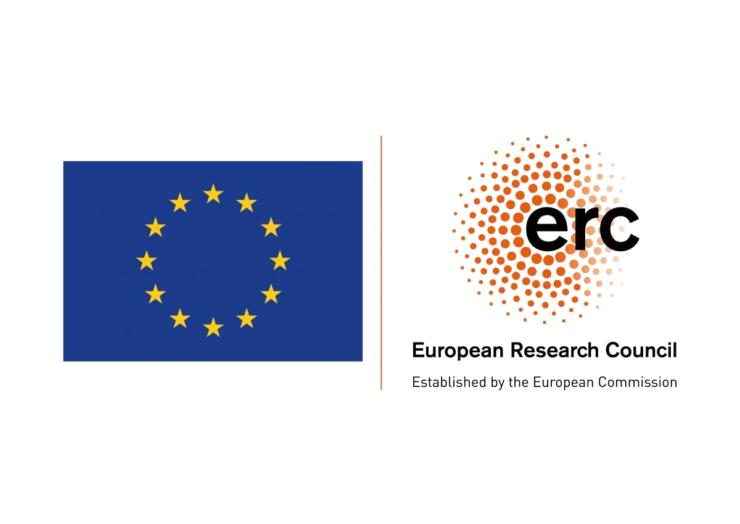Blog/Events
Workshop ‘Emotions and forensic psychology’, with visiting scholar prof. Heather Wolffram
On Tuesday 6 December 2022, the FORCE project had the privilege of welcoming professor Heather Wolffram, from the University of Canterbury, in Christchurch, New Zealand, as a visiting scholar to Utrecht University. Heather Wolffram has published extensively on the history of forensic psychology in Germany in the first half of the twentieth century. Since the FORCE project focuses on the history of forensic medicine and psychiatry in the Netherlands, England, Spain and Russia, a workshop offered us an excellent opportunity to compare the forensic ideas and practices in these countries to forensic psychology in Germany.
Heather Wolffram kicked off the workshop by giving a talk on ‘Psychological Expertise in the Courtroom. The Frenzel Trial’, which was based on a chapter from her book Forensic Psychology in Germany (2018). Next came Elwin Hofman (Utrecht University) who has just started his new research project called Interpsy: Psychology, Criminal Interrogation and the Impact of Knowledge, 1880-1940. Elwin’s paper discussed ‘The Wondrous Life, Death and Resurrection of Tatbestandsdiagnostik: Criminal Interrogation, Association and the Circulation of Experimental Psychology in Early Twentieth Century Europe’. FORCE’s PhD candidate Pauline Dirven, in turn, presented new research in her paper on ‘Emotional Detachment, from epistemic virtue to coping strategy: Emotions in British forensic life-writing and crime fiction 1920-2021’. Lara Bergers, also PhD researcher in the FORCE project, addressed the absence of forensic psychologists in the Netherlands in her paper on ‘Questioning and Confronting: Victims’ and Suspects’ Statements in Dutch Cases of Sexual Violence, 1930-1970’. During the discussion, interesting differences between forensic psychology in Germany, the Netherlands, England and France came up. Especially noteworthy were the absence of forensic psychologists in the Netherlands, particularly in comparison with Germany, but also the important role of German newspapers, that aimed at revising the legal system in their critical discussions of forensic psychologists in the courtroom. Dutch newspapers did not utter this kind of criticism at the legal system, and generally did not report extensively on court cases.
After this workshop, Heather Wolffram gave a lecture for the Cultural History section/Descartes Centre called ‘Emotional Experts? Medico-Legalists, Emotions and Expertise in Germany, c. 1900-1945’, in which she presented the first results of her new research on emotion and forensic expertise.


